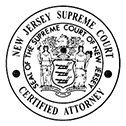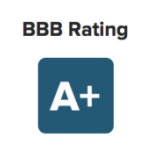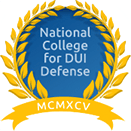Whether you are in municipal court or the Superior Court in Union County, the court’s authority to impose penalties is confined to that which is permitted under N.J.S.A. 2C:43-1 et seq. For the most part, the severity of the punishment hinges on the degree of the offense to which an individual is convicted. In terms of felony charges in NJ, referred to as indictable offenses under NJ Law, first degree is the most serious with second, third and fourth degree crimes falling below. Disorderly persons offenses are the NJ equivalent of a misdemeanor in NJ and, unlike indictables which are heard at the Union County Superior Court in Elizabeth, are typically disposed of in municipal court.
When individual is pleads or is found guilty of any grade of criminal offense, he/she must be sentenced. Prior to this happening, the defendant has the right to argue against imposition of some or all of the penalties allowed by law. This is where the services of an experienced attorney can be invaluable. Although New Jersey Criminal Statutes have narrowed the discretionary power of judges, the assistance of the right lawyer is critical in limiting and/or eliminating the penalties which may be imposed.
Types of Criminal Sentences and Punishments Permitted In New Jersey
A judge may impose one or more of the following penalties, depending on the violations involved:
- fines or restitution to the state or victim
- imprisonment
- probation
- community service
- placement in a halfway house or community based residential facility
- imprisonment at night or on weekends to permit continued employment
- license suspension
- property forfeiture
- intervention services programs (such as drug rehabilitation programs)
Degrees of Crimes and Associated Sentences
- First Degree crimes in Union County carry a mandatory minimum between 10 and 20 years in prison and a maximum fine of $200,000.
- Second Degree crimes can result in between 5 and 10 years in state prison and fines as high as $150,000.
- Third Degree crimes trigger a prison term of 0-5 years and a fine of up to $15,000.
- Fourth Degree crimes involve a prison term of up to 18 months and fine up to $10,000.
- Disorderly Persons offenses can entail up to six months in jail, in addition to a fine up to $1,000.












